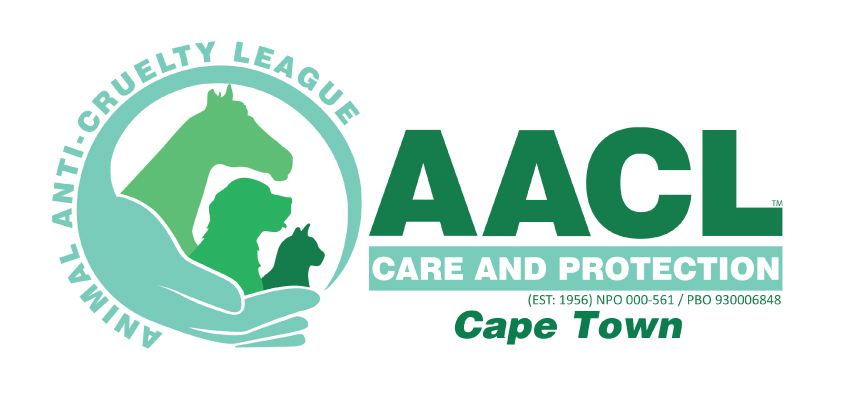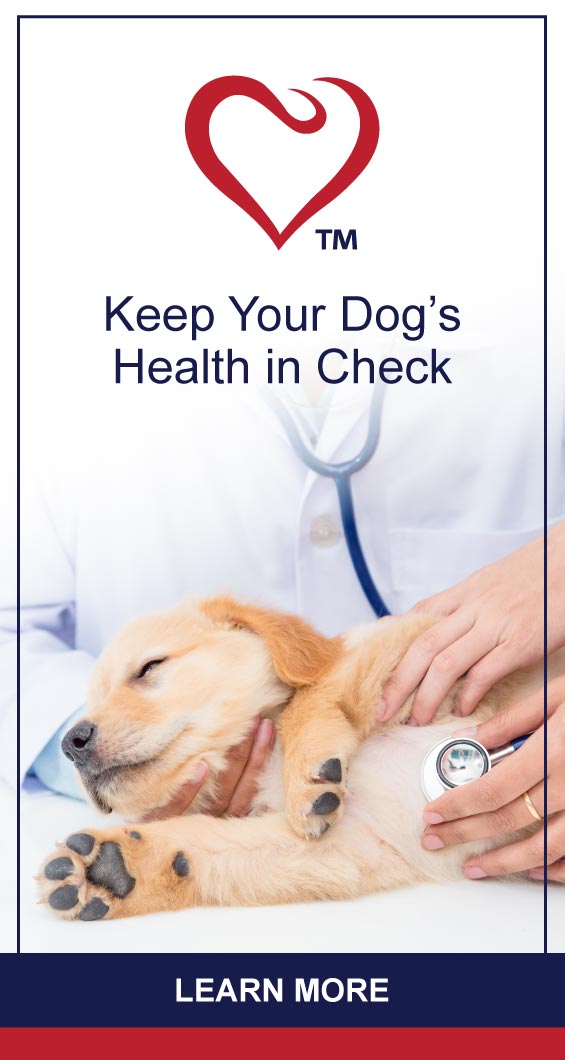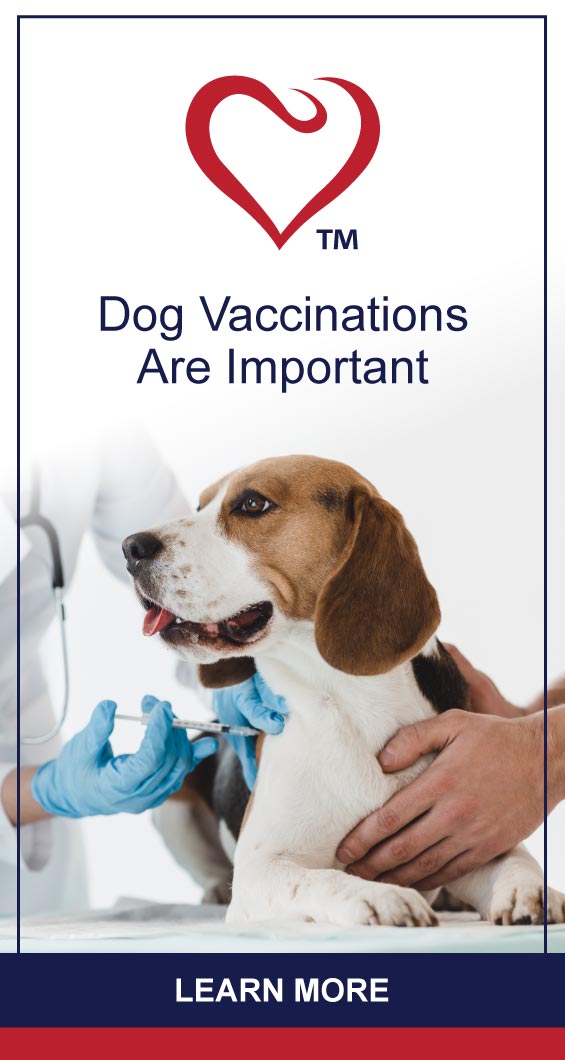HEALTH & WELLNESS

TRENDING

We’re excited and honoured to feature South Africa’s second largest independent animal welfare organisation on PetlifeSA.
TAKING CARE OF YOUR DOG’S HEALTH

Some dog owners might wonder when their pets need a visit to the veterinary. After all, many of them only go when it’s an emergency – but that’s not enough.
In fact, once a year, every year, your dog(s) should see a veterinarian for a full checkup and all the necessary shots and vaccinations for his or her age and your geographical environment.
If your dog is sick, injured or behaving strangely (uncharacteristically lethargic, struggling to breathe, not eating or drinking water, whining, scratching consistently, etc.) then make an appointment with your veterinarian immediately.
FLEAS & TICKS
It is important to frequently inspect your dog for ticks and fleas, especially from early spring.
If you notice a problem, there are various reliable tick and flea control products for dogs. Opinions on which ones to use vary according to beliefs, needs and affordability.
One of the very effective, yet costly, options is a chewable tablet that keeps dogs tick- and flea-free for up to three months.
For maximum efficiency, it’s important that the dog receives the right dose, based on his or her weight. Puppy schools, doggy daycares and kennels often require dogs to be on a specific tick and flea control product before entry is allowed.
Regularly treating your dog for ticks and fleas helps prevent tick-borne diseases and flea infestations in your home. Don’t wait until you see a problem, treat them early and pro-actively.
VACCINATIONS
Canine vaccinations help protect your dog from common, contagious illnesses and diseases. As a pet owner, it’s your responsibility to make sure you give your pets all the protection they need. Be sure to get a vaccination card from your veterinarian, dog breeder or animal shelter and keep it updated.
One of the most important vaccinations is DHPPi and rabies. It consists of components that protect against the following illnesses: Distemper, Infectious Canine Hepatitis, Parainfluenza and Parvovirus.
Canine illnesses include:
- Infectious Canine Hepatitis: viral liver disease, which is often fatal.
- Parainfluenza: viral infectious tracheo-bronchitis, also known as ‘Kennel Cough’.
- Parvovirus: viral intestinal disease, which is often fatal.
- Rabies: fatal viral disease; can be contracted by humans and animals. This vaccination is required by law. Rabies cannot be treated and can only be prevented by vaccination.
- Distemper: airborne viral disease affecting the lungs, brain and intestines, which is often fatal.
- Bordetella: aka kennel cough; bacterial infection of upper respiratory system (this is not a core vaccination, but is given if the pet is at risk.
In South Africa, puppies and adult dogs usually require the following vaccinations:
- DHPPi: Adult dogs annually; puppies 6 – 8 weeks, 11 – 12 weeks and 15 – 16 weeks.
- Rabies vaccination: Puppies aged 12+ weeks, then one month after that, then every 1-3 years depending on risk (frequency may vary based on your geographical location; consult your veterinarian for details).
- Bordetella (Kennel Cough): Adult dogs annually, if they come into contact with other dogs in a close quarters, e.g. at doggy day care or kennels.
Inform your veterinarian where you live and explain your dog’s lifestyle (daycare, kennels, etc.) to help the veterinarian recommend all the required vaccinations. Most decent kennels will only accept dogs with current, up-to-date paperwork.
Note: don’t walk or socialise your dog too early / before he or she has had the proper vaccinations. They are generally only protected approximately 2 weeks after their 3rd puppy vaccination.
MEDICINES & POISONS
Dogs should not eat or have access to any of the following:
Xylitol | Avocado | Alcohol | Leaves, Stems and Roots from Tomato & Potato Plants | Onions & Garlic | Coffee, Tea & Other Caffeine | Grapes & Raisins | Milk & Other Dairy Products | Macadamia Nuts, Almonds, Walnuts, Peanuts & Pecans | Chocolate | Fat Trimmings & Bones (Raw or Cooked) | Persimmons, Peaches & Plums | Raw Eggs | Only Raw Meat & Fish | Salt & Salty Snacks | Sugary Foods & Drinks | Yeast Dough & Hops | Human Medicine | Baking Ingredients & Spices | Excessive Coconut Milk/Oil/Flesh | Apple Seeds & Cores | Chamomile | Cherry Stems, Leaves & Pits | Mustard Seeds | Rhubarb | Citrus Fruits | Licorice | Marijuana in Any Form
Only give your dog medicine that has been prescribed by a qualified, certified veterinarian and keep rodent, insect and other poisons in a safe place, always out of reach. If, for any reason, you think your dog might have ingested any poisonous substance, call your veterinarian immediately.
WORMS
Be sure to deworm puppies every 2 weeks until they are 2 months old, thereafter all dogs can be dewormed every 3 months. Many humans, whether pet owners or not, make use of deworming medication as a precaution. Please consult your doctor or pharmacist regarding the appropriate dewormer for your human family members.
Dogs, even healthy, happy ones, can be exposed to worms, even in urban areas. Roundworms, hookworms and tapeworms are not uncommon in puppies (or even older dogs), but diagnosis is key and fast treatment is very important. Make sure you use the right medicine (for the right worm), prescribed by a veterinarian, to get rid of these intestinal parasites.
SPAYING & NEUTERING
This can be a sensitive subject, but it’s increasingly recommended (and in some areas it is a legal requirement) that non-breeding females should be spayed (removal of ovaries and uterus) between 6-12 months of age to reduce the risk of breast cancer and/or an infected uterus.
Non-breeding males benefit from being neutered (removal of testicles) between 6-12 months to help prevent testicular and prostate diseases, certain hernias and some types of aggression. In South Africa, sterilisation of your dog goes a long way in controlling pet overpopulation. It also decreases the risk of roaming along with fights and car accidents.
Related Articles









